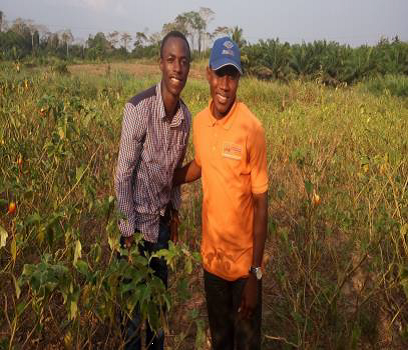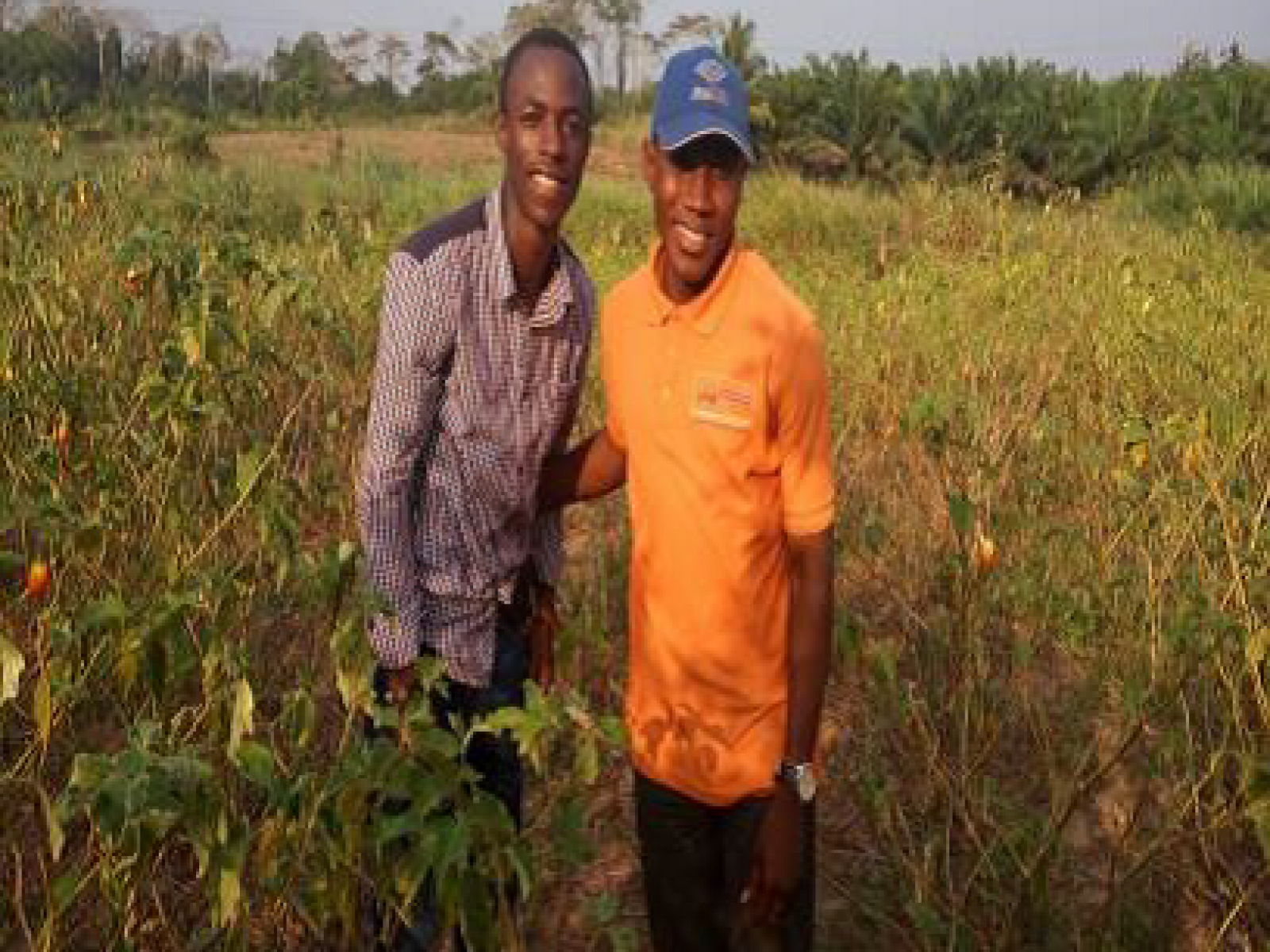An Overview Of Our Solution
- Population Impacted:
- Continent: Africa
Organization type
Population impacted
Size of agricultural area
Production quantity
People employed
Describe your solution
Describe your implementation
External connections
What is the environmental or ecological challenge you are targeting with your solution?
Describe the context in which you are operating
The project is operational in Ghana-West Africa and is being carried out within two of its regions which are the Central and the Ashanti region. The main targets within these regions are the households and selected High schools within the same community. Demographically, this project is channeled towards the youth within these communities within the ages of 15 to 30years. In our quest to increase food security, it is of utmost importance that demands for vegetables within the urban and peri-urban communities, which have increased over the years, be met with adequate supply. The youth plays an active role in making it a success. This is towards tackling the SDG 2 which aims at Zero Hunger by 2030.
How did you impact natural resource use and greenhouse gas emissions?
Language(s)
Social/Community
Water
Food Security/Nutrition
Economic/Sustainable Development
Climate
Sustainability
This project is designed to be sustainable and run on its own in the medium term. In the short term, funding is needed to provide resources for production including composting. This includes purchasing and supply of Agricultural tools, seeds, waste bins etc. Detailed logistics are included in the budget for the project. Funds are also needed for the training of personnel, households and High schools in Organic waste composting, principles in vegetable production and Environmental sustainability activities.
In the medium term, 70% of revenue accruing from production will be ploughed back into funding the project making it sustainable, and the rest given to the household.
Return on investment
Entrant Banner Image

